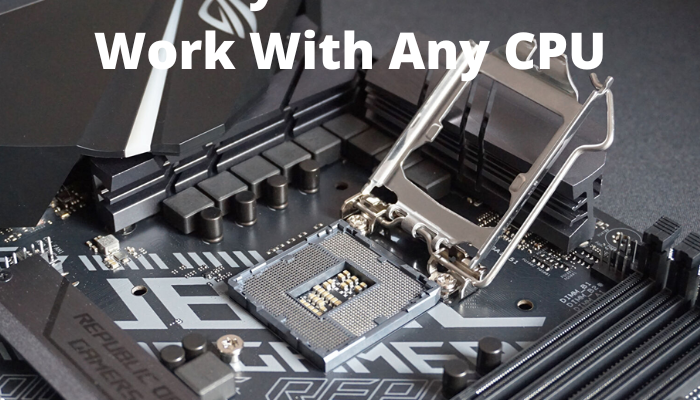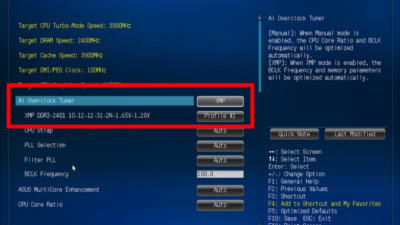It’s no secret that the world of technology is constantly evolving. This means that, in order to stay up to date, you have to constantly be upgrading your devices. And since just about every device relies on a motherboard and cpu, this can be a pretty daunting task. So, the question is: will any motherboard work with any cpu? Let’s take a look at some of the things you need to consider when making this decision.
What Is a Motherboard
A motherboard is the central component of a computer. It is a large circuit board that houses the computer’s main components, including the processors, memory, and expansion slots. The motherboard also provides connectors for the computer’s peripherals, such as the keyboard, mouse, and monitor. In most cases, the motherboard is the largest circuit board in a computer. However, some computers, such as laptops and tablets, have very small motherboards. The term “motherboard” is derived from the fact that it is the main circuit board in a computer. The word “mother” refers to the fact that it is the central component of the computer. The word “board” refers to the fact that it is a circuit board.
What Is a CPU
A central processing unit (CPU) is the electronic circuit within a computer that carries out the instructions of a computer program by performing the basic arithmetic, logic, controlling, and input/output (I/O) operations specified by the instructions. The computer program that tells the CPU what to do is called the instruction set. The term “CPU” is generally used to refer to a processor, more specifically, to a microprocessor. The form, design, and implementation of CPUs have evolved over the course of their history. See also microprocessor and semiconductor chip. Early CPUs were custom-designed as part of larger computers. The size, power, and complexity of CPUs have increased dramatically since then; modern integrated circuit CPUs typically contain millions or even billions of transistors. CPUs usually execute common instructions such as add, move data, and branch very quickly; additional longer sequences of more specialized instructions are also typically available for tasks such as multimedia processing and floating-point arithmetic. As integrated circuit technology advanced in the 1960s, complex CPUs were built out of smaller individually optimized assemblies of logic gates; today’s microprocessors typically contain several million gates embedded in silicon chips. CPU speed has increased rapidly since then; as of early 2021 desktop processors have clock speeds exceeding 5 GHz though most customers use slower laptop processors running at below 3 GHz. soaring clock rates and multiple cores (e.g., hyperthreading) have allowed manufacturers to increase processor performance while using less energy per operation. Individual instructions are read from memory one after another and executed by the CPU until no more remain or a pause occurs for input/output or some other reason such as a conditional branch instruction (also called an “if-then” statement). At that point execution resumes at some arbitrary point usually determined by fetching the next instruction from memory according to some addressing mode which may involve adding an offset to a base address held in a dedicated register.
Will Any Motherboard Work With Any CPU
When it comes to building a computer, the motherboard is one of the most important components. After all, it is the foundation upon which everything else is built. But with so many different models on the market, it can be tough to know which one is right for your needs. The good news is that any motherboard will work with any CPU. So whether you’re using an Intel processor or an AMD processor, you’ll be able to find a compatible motherboard. Of course, there are some things to keep in mind when making your selection. For example, you’ll need to make sure that the motherboard has the right socket type for your CPU. But as long as you keep that in mind, you’ll be able to find a motherboard that will work with any CPU.
















Comments